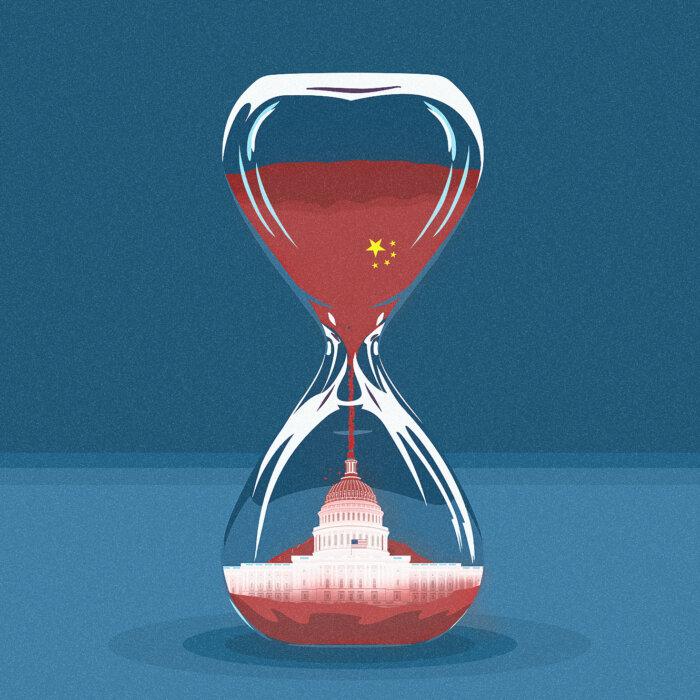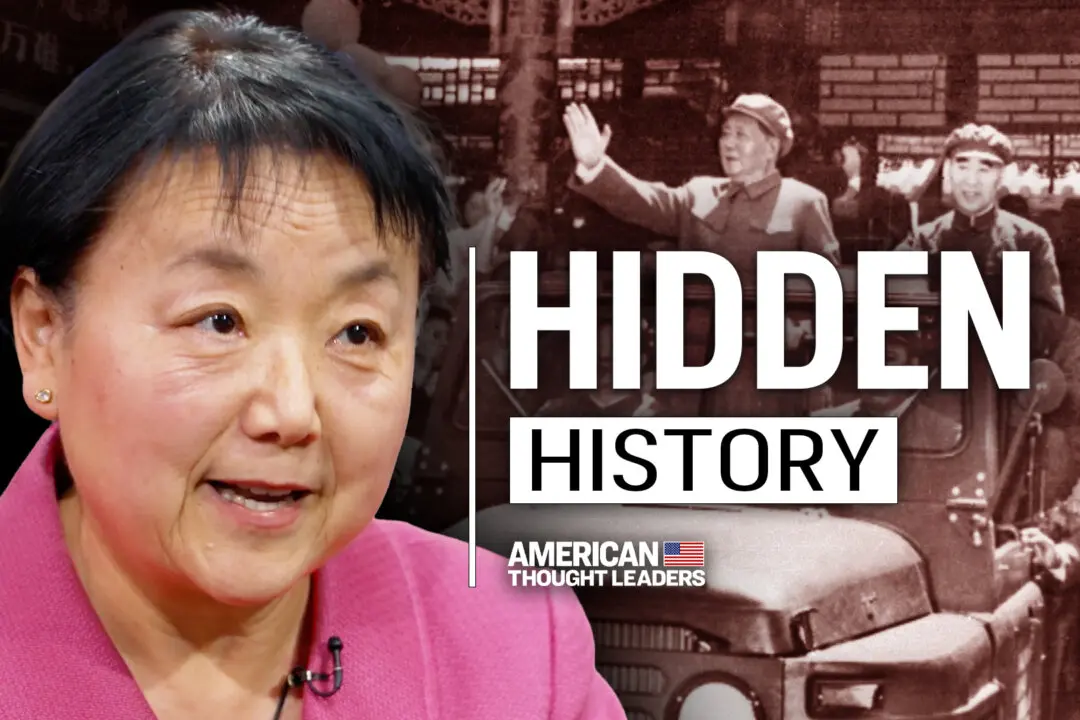The Chinese Communist Party (CCP) has devised a system in which Chinese community leaders abroad have no option but to become involved with its apparatus to help their fellow citizens, according to Laura Harth, campaign director for Safeguard Defenders, a Spain-based nonprofit rights group.
The police stations often operate under the pretense of offering consular and administrative services, such as renewing passports and driver’s licenses, which violates the Vienna Convention on Consular Relations, she said. The police stations could be set up in private residences or office buildings.
By allowing them to offer those services through such networks, “you’re giving them an enormous amount of control over the communities in which they are residing, in which they are performing the services, you give them access to a whole lot of data on who is there,” Ms. Harth said.
“You’re running these kinds of services not through the traditional channels but through groups that are linked to the CCP’s influence agencies that are linked to the United Front,” she said.
The police stations work as a “nexus” with public security authorities in China. Applications, such as for driver’s licenses, are run through the public security authority; these are things that can “be weaponized” by the Chinese communist system to ensure compliance, according to Ms. Harth.
The police stations are also involved in illegal repatriation operations, such as silencing dissent overseas by coercing Chinese people to return to China, according to Ms. Harth.
Silencing Dissent Overseas
“The Chinese Communist Party is a system that cannot even begin to conceive the idea of a free civil society of a free civic space,” Ms. Harth said.Any form of civil society outside the control of the CCP “will be disappeared, harassed, detained, definitely not able to exert those freedoms.”
Now, they are trying to “snuff out any semblance of free civic space, civil society, or at least try to co-opt it, kind of control it, of those overseas groups,” she added.
The United Front “is not just about trying to influence people” or “set the narrative,” Ms. Harth said. “It’s also about cracking down, about dividing, silencing, blunting critics of that same narratives.”
Based on open-source evidence, Safeguard Defenders linked some of the police stations to “persuasion to return operations.”
These operations often attempt to silence Chinese people’s dissent overseas, particularly in the case of religious minorities, such as Uyghurs.
These events “are obviously of grave concern for the human rights and freedoms of the people that are involved at the targets,” as well as a “brazen violation of territorial sovereignty,” Ms. Harth said.
They start “usually with threats and harassment, or even worse, punishment of family members back home, kind of pushing those family members and convincing their relatives overseas to either be silent, stop their activism maybe, or convince them to come back.”
Many of the targeted Chinese people hadn’t been able to speak to their relatives for years. Still, after speaking up, they are contacted by relatives or public security agent using relatives’ phones, asking them to return to China, she said.
They were accused of conspiring to work as agents and taking orders from Beijing in order to track down and silence Chinese dissidents living in the United States.
“Once the system is in place,” such operations serve as a tool to silence future dissent as well, as it creates a “psychological prison” for other Chinese people who would rather stay silent to prevent reprisals, Ms. Harth said.
In Madrid, a person accused of environmental pollution was brought to an overseas police station, where he participated in an online meeting with public security authorities from China, who were with a target’s family member. The whole operation is on video, according to Ms. Harth, and was successful as it managed to get the person to return to China.







